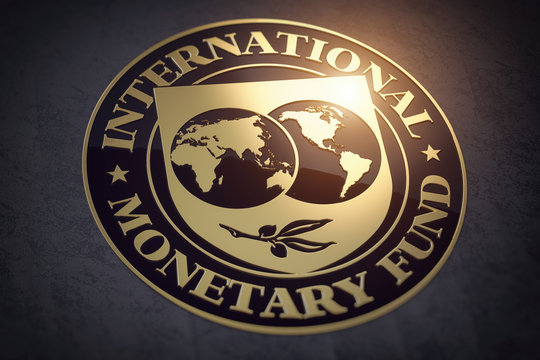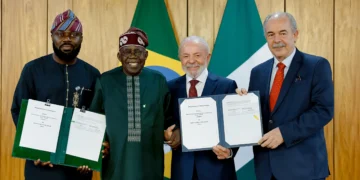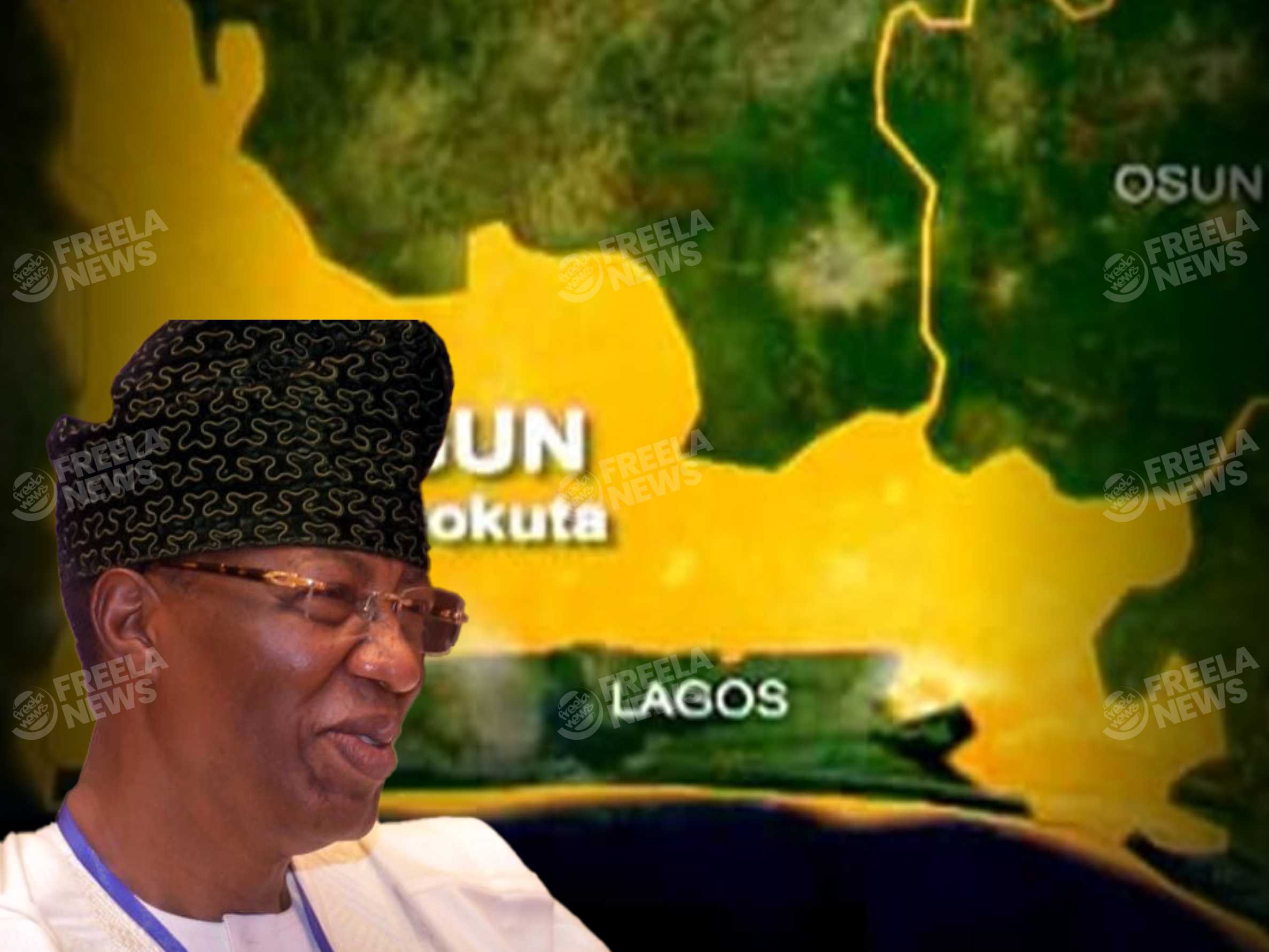Nigeria has fully repaid the principal amount of its $3.4bn loan from the International Monetary Fund, with the final payment made on April 30, 2025. However, interest and other charges remain due over the next few years
[dropcap]N[/dropcap]igeria has successfully completed the repayment of the principal sum of its $3.4bn loan obtained from the International Monetary Fund (IMF), with the final installment made on April 30, 2025.
Also read: Nigeria’s economy’ll hit $1.85tn by 2029, IMF predicts
The loan, which was fully disbursed on April 30, 2020, was part of the IMF’s Rapid Financing Instrument, an emergency measure designed to assist Nigeria in navigating the severe economic disruptions caused by the COVID-19 pandemic.
These disruptions included a sharp decline in global oil prices, an ensuing economic recession, and significant fiscal pressures on the Nigerian government.
While the full principal amount of the loan has now been repaid, but several charges associated with the loan remain outstanding, according to report.
These charges primarily consist of interest payments and will continue to be paid annually by Nigeria for the next few years.
In 2025 alone, Nigeria is scheduled to pay SDR 6,548,785 (approximately $8.84m) in charges in May, with additional payments due in August and November. This brings the total charges for 2025 to SDR 22,348,146 (approximately $30.24m).
The annual charges are projected to remain relatively consistent through 2029, ranging from SDR 25,912,903 in both 2026 and 2027 to SDR 25,924,726 in 2028 and SDR 25,901,079 in 2029.
Further analysis indicates that these charges encompass Net SDR Charges, GRA Basic Charges, and SDR Assessments.
Net SDR Charges refer to the interest and associated fees levied by the IMF on member countries that have borrowed resources, denominated in Special Drawing Rights.
GRA Basic Charges are the standard interest and fees applied to loans from the IMF’s General Resources Account. SDR Assessments are annual fees imposed on member countries participating in the SDR Department.
These ongoing charges represent the interest payments that Nigeria will be obligated to make on the loan over the next five years.
While the principal repayment has been fully settled, several charges associated with the loan, mainly interest, will continue to be repaid annually for the next few years.
While the completion of the principal repayment is a significant milestone, the continued financial responsibility for these charges underscores the long-term financial implications of such loans.
Despite these future obligations, the full repayment of the $3.4 billion principal amount is a notable achievement for Nigeria, demonstrating progress in meeting its external debt commitments.
Nigeria’s debt servicing to the IMF surged to $1.63bn in 2024, which was entirely composed of principal repayments, with no interest or other charges recorded for that year.
The country’s total external debt servicing for 2024 amounted to $4.66bn, an increase from $3.5bn in 2023. Multilateral creditors accounted for the largest share of this at $2.62bn, or 56 per cent of the total.
The IMF’s share alone constituted 35 per cent of Nigeria’s total external debt servicing in 2024 and approximately 62 per cent of the total paid to multilateral lenders.
Also read: Nigeria’s current account balance grows by $1.43bn, IMF report shows
Additionally, Nigeria’s debt to the IMF saw a significant reduction from $2.47bn in 2023 to $800.23m in 2024, a decrease of 67.6 per cent, or $1.67bn, likely linked to repayments on the emergency and budget-support facility disbursed in 2020.





























